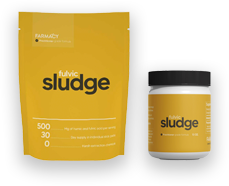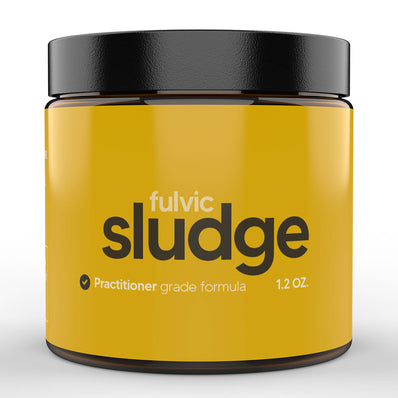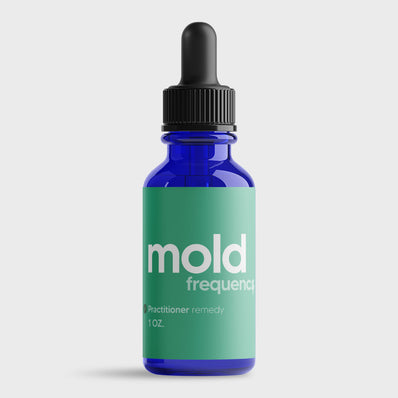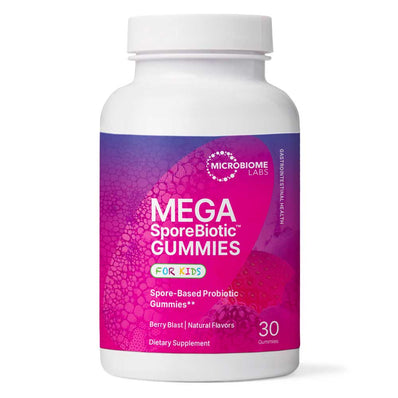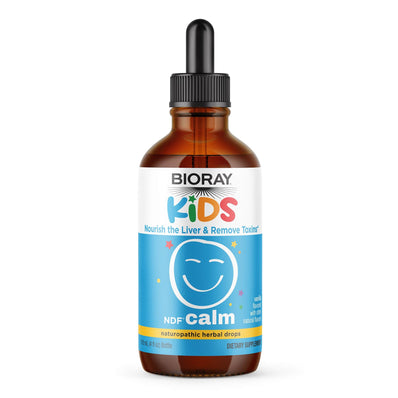Description
Benefits & Features
- Supports first-line immune defense and overall immune health
- Provides support for upper respiratory tract health
- Features EpiCor® Saccharomyces cerevisiae fermentate, nutrients and flavonoids
- Made with high-quality, vegetarian ingredients backed by verifiable science
- Great-tasting chewable tablet
Source
- Ascorbic acid is derived from corn dextrose fermentation
- Zinc is derived from earthen ore
- Epicor® dried yeast fermentate complex is derived from Saccharomyces cerevisiae
- Elderberry extract is derived from Sambucus nigra fruit
- Quercetin is derived from the Fava d’anta tree (Dimorphandra mollis) pods and Cat’s claw (Uncaria tormentosa) leaves
Indications
Ages 2 and upImmune function and upper respiratory health support
Suggested Use
As a dietary supplement, ages 2-3, take 2 tablets daily, with a meal. Ages 4 and up, take 2 tablets, 1-2 times daily, with a meal.Science & Research
Natural killer cells are part of the body’s innate, or first-line, immune response. They respond more quickly than the adaptive immune system comprised of B cells and T cells. Once activated, natural killer cell activity peaks in as quickly as several hours, providing rapid support and wide-range immune defense.EpiCor® is a fermentate of Saccharomyces cerevisiae containing various bioactive metabolites. These nutrient metabolites are produced in a specialized fermentation process and enhance immune cell production. Research suggests that EpiCor® enhances natural killer cell activation, B cell and T cell function, and secretory IgA levels.1 In two randomized, double-blind, placebo-controlled trials, EpiCor® provided statistically significant support for upper respiratory tract health and overall immune health. A separate open label, in-house trial indicated a strong potential for EpiCor® supplementation to enhance secretory IgA levels after 30 days.
In another trial, EpiCor® helped maintain a healthy immune response to environmental factors. Elderberry extract provides anthocyanins, flavonoids, and other polyphenols that support immune function. Studies have shown statistically significant immune support in both children and adults. Preliminary research suggests quercetin helps to moderate the release of immune mediators, including cytokines and histamine. Zinc and vitamin C help to promote immune defense by supporting immune cell proliferation, activation and function, as well as healthy antioxidant enzyme function.
